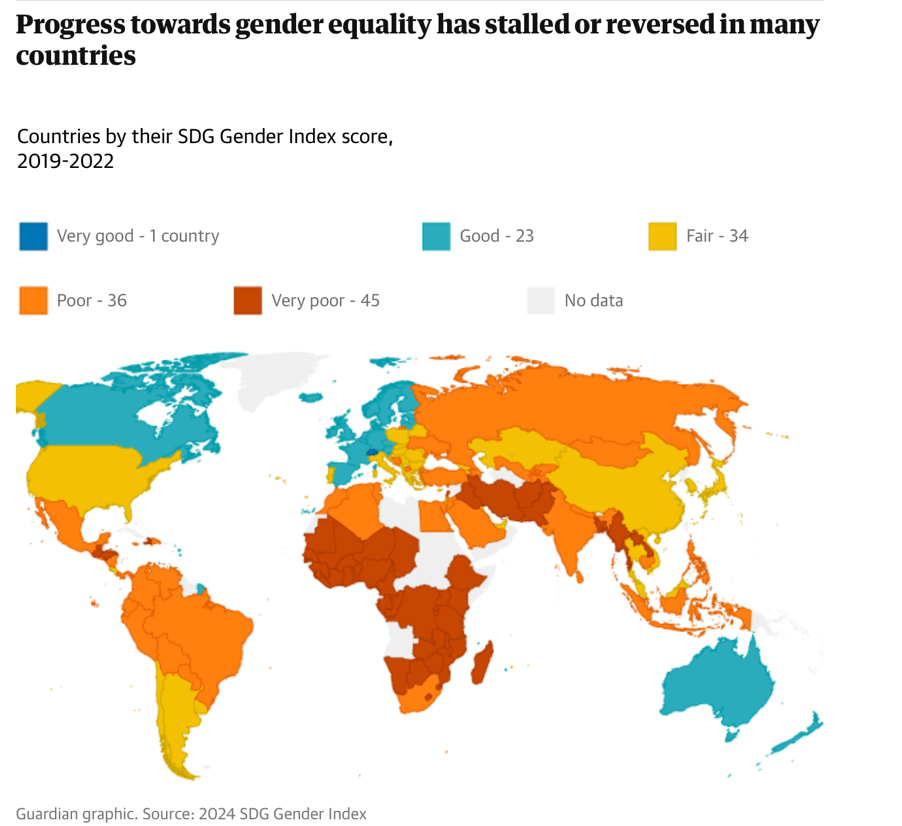Women in Peacekeeping: A Key to Peace
- UN House Scotland

- Jun 2, 2020
- 2 min read
Updated: Jun 8, 2020
By Louise Sjöblom

Image from https://peacekeeping.un.org/en/women-peacekeeping
This year’s International Day of United Nations Peacekeepers fell on Friday 29th May and offered a chance to both pay tribute to civilian and uniformed personnel’s contribution to the Organization and to honour more than 3,900 peacekeepers who have lost their lives since 1948. The day also allowed for reflection of the current challenges and threats facing peacekeepers and ongoing operations around the world.
The theme for this year was “Women in Peace: A Key to Peace”, aimed to highlight the 20th anniversary of the adoption of UN Security Council Resolution 1325 on Women, Peace and Security. The resolution called for increased representation of women at all decision-making levels for the prevention of, management and resolution of conflict, and was followed by a call by the UN for an expansion of women in its operations, including of uniformed peacekeepers.
The importance of women in peacekeeping operations has only grown since. In general, women have greater access to communities, and can therefore help promote human rights and protection of civilians. Women peacekeepers also encourage women to actively take part in the political and peace process. When there is a diversity of women participating in peace negotiations, the quality and durability of peace agreements increases. Academic research also shows that when women are signatories of peace agreements, they are more likely to be implemented.
Women accounted for 5.3 per cent of all military personnel and 15 per cent of police personnel at the end of 2019. With the many benefits generated by having women actively engaged in peace processes, and the key role played by women peacekeepers, this year’s theme for the International Day of United Nations Peacekeepers hopefully sparked a meaningful change where more women are encouraged to become peacekeepers and are invited to the table of peace talks. More women in peacekeeping means more effective peacekeeping.











Comments